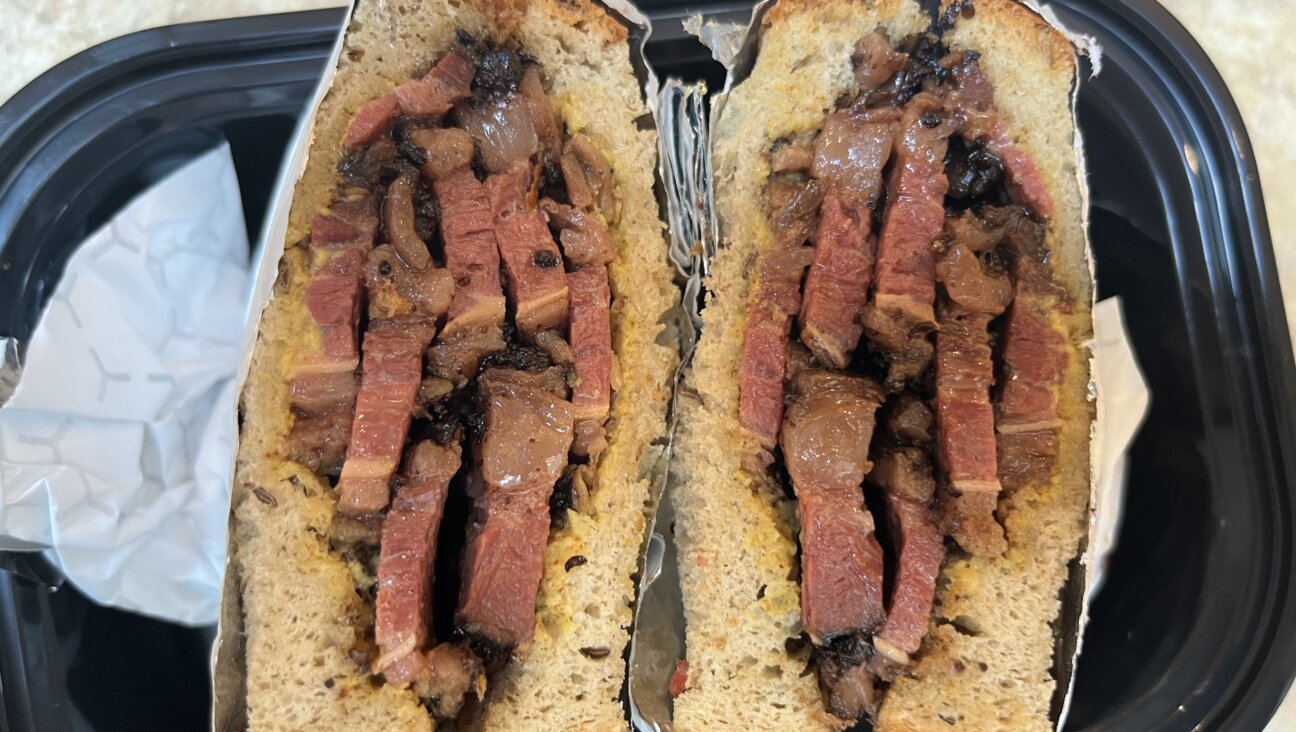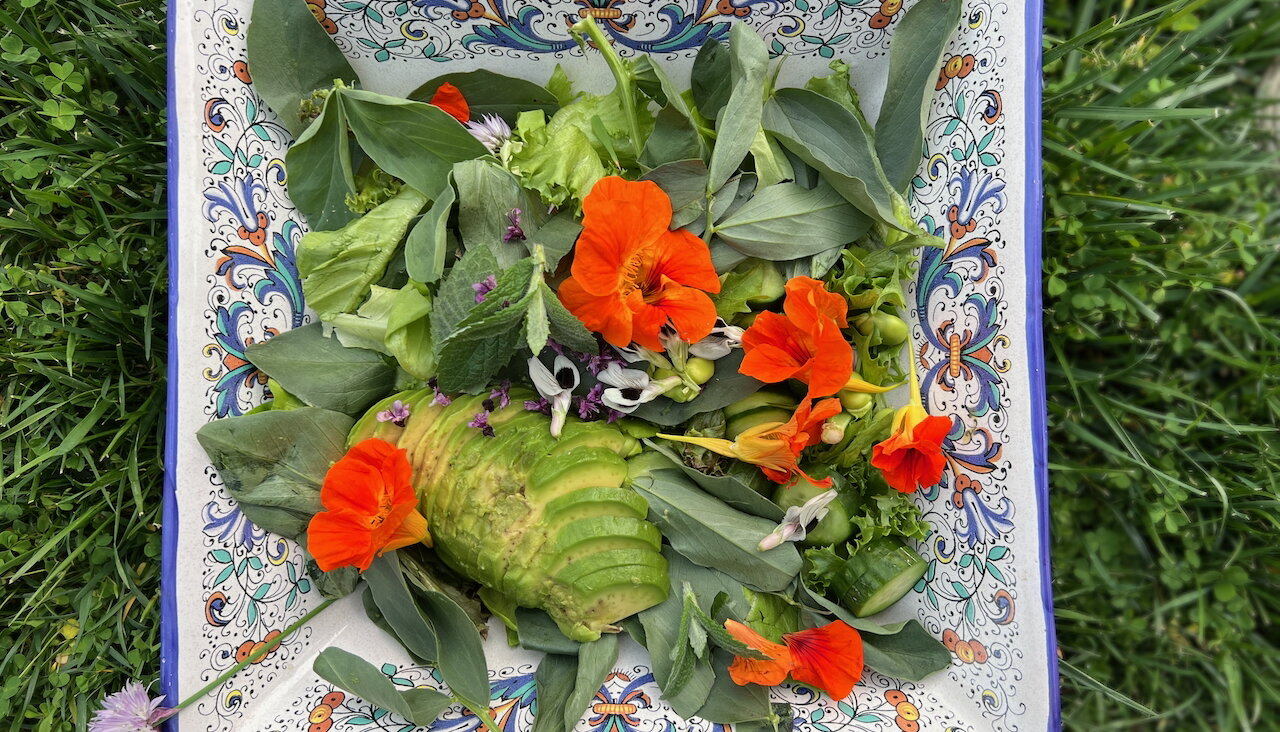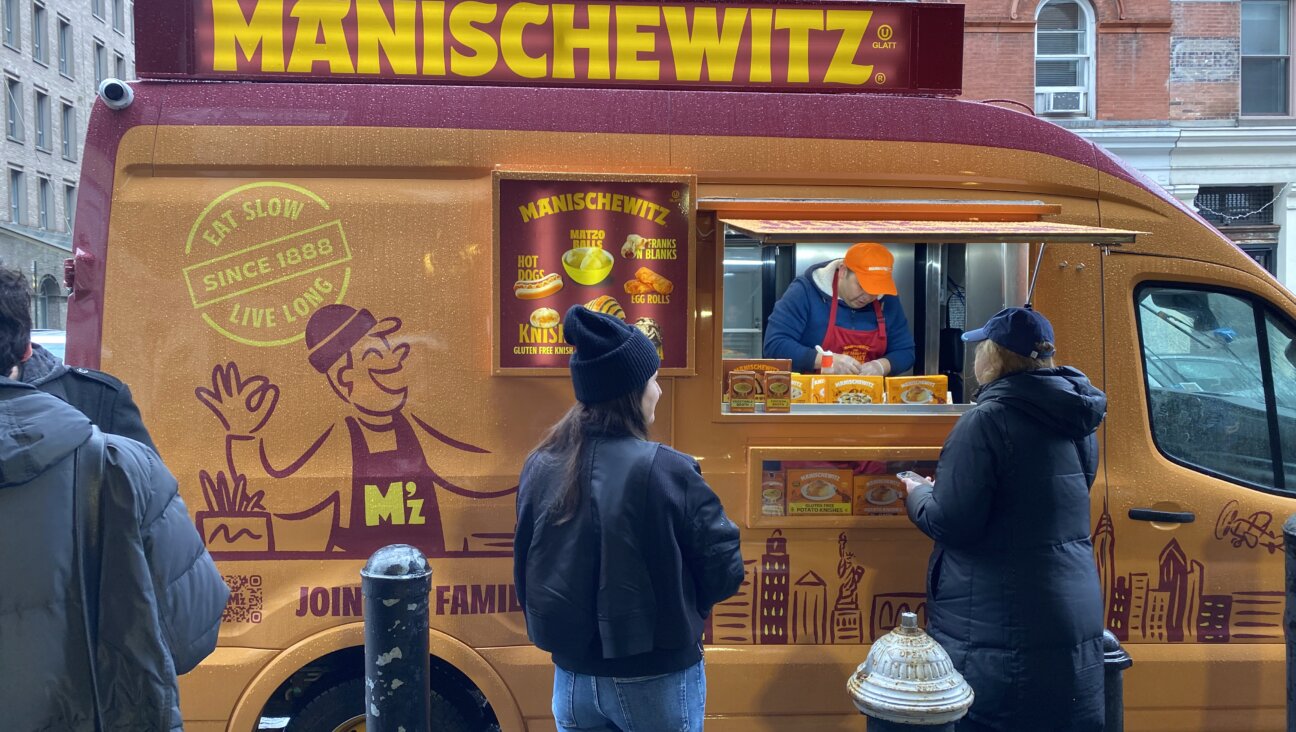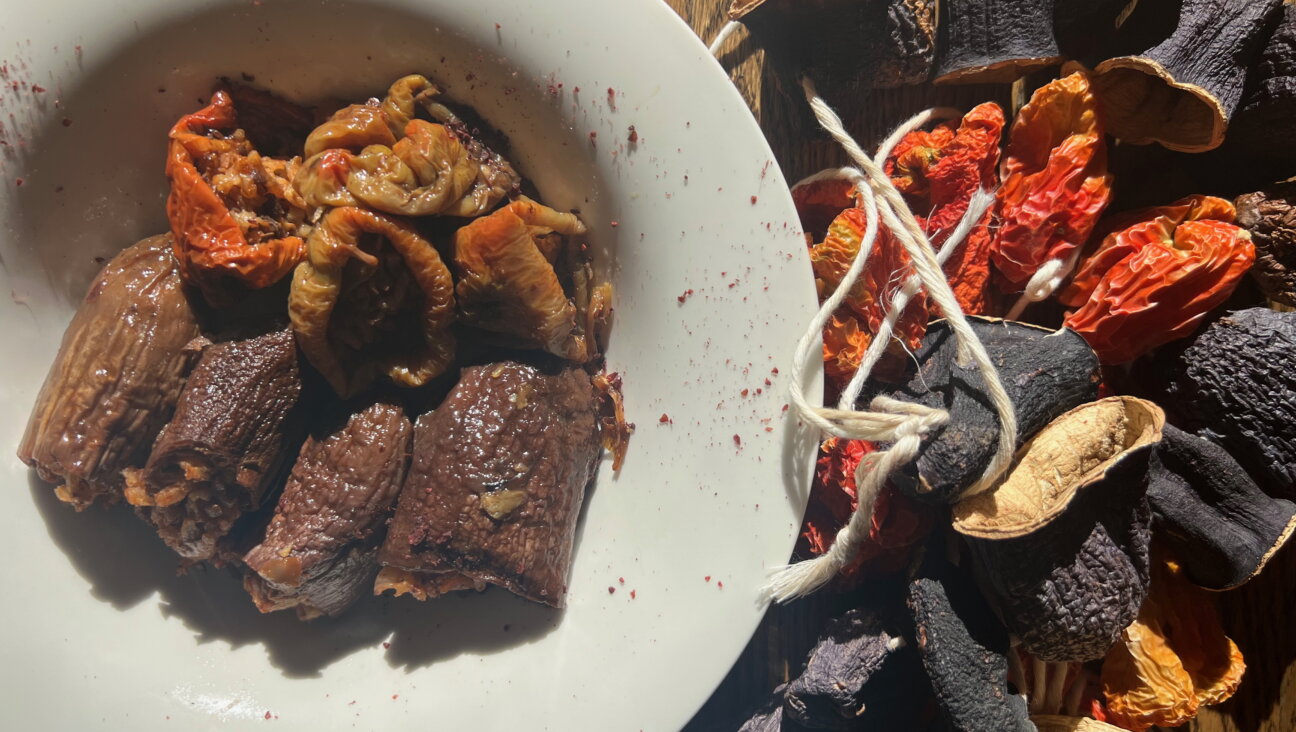How Much Is Too Much? The Crippling Cost Of Shmura Matza

Image by iStock
According to Chabad.org, more than 1 million pounds of shmurah matzo, or handmade matzo, will be created and sold this year. In fact, when Barack Obama hosted the first White House seder in 2009, shmurah matzo was present. Demand for this tasteless, complicated-to-digest artisanal cracker continues to rise.
This matzo is considered extra-special (and a must for the stringently religious) because its ingredients have been carefully guarded against leavening. Shmura matzo is scrutinized from before the time the wheat is even harvested. Translated from Hebrew, ‘shmura’ means guarded.
But you pay a premium for all that scrutiny and authenticity.
Shmura matzo can cost anywhere from $20 to $60 a pound. Shmura matzo baked the day before Passover is considered especially blessed, and Jews will pay upwards of $30 to get it. On Amazon, it’s $26.95 a pound. At MatzaBakery.com it’s $24.00 a pound. On eBay a pound is a whopping $37.98. From Lakewood, we got shmura matzo retailing at $42.95. At Yiddish Farm we’re talking $50 a pound.
Not bad for a food item that tastes a whole lot like nothing.
18 minutes is everything when it comes to shmura matzo: That’s the time bakers have to combine the flour with water to create and cook matzo. After those eighteen minutes, it is considered leavened bread, or chametz. Using water drawn from a well and mixing it with dough, the clock starts ticking as bakers must roll out their potions into circles, perforate them with tiny incisions and throw them into an old-fashioned coal oven. Then comes the inspection. Burnt or broken pieces are discarded and remaining matzos are boxed. Everyone working on the matzo is supposed to be religiously observant. It’s a dangerous process, where mistakes can easily be made, and therefore it costs more, matzo manufacturers insist. Or so the logic goes.
But is it price gouging to charge a premium for a relatively rare food item that the community has a monopoly on, which cannot be bought anywhere else? Are the bakeries taking advantage of a vulnerable class of people? Not every Jew can afford the exorbitant prices of this holiday must. Who will speak for them?
The Jewish community is known for taking care of its own, with Chabad houses supplying matzo to those who need it and funds being raised to purchase shmura matzo for families in need.. But why should we have to fund-raise just to provide matzo, a holiday staple, to those in need? Shouldn’t we look towards the people setting the prices, rather than taking our cues from the prices that are set?
“It creates a pressure,” said a mother of four, who preferred to go unnamed. “I worry we’ll have to choose between wine and matzo this year.” The Internet complained. Jews called it highway robbery.
Is it worth reevaluating the pricing of this bread, crafted from bespoke grain, which no one bothers to taste when it isn’t Passover?
Shira Feder is a writer for the Forward. You can reach her at [email protected]
The Forward is free to read, but it isn’t free to produce

I hope you appreciated this article. Before you go, I’d like to ask you to please support the Forward.
Now more than ever, American Jews need independent news they can trust, with reporting driven by truth, not ideology. We serve you, not any ideological agenda.
At a time when other newsrooms are closing or cutting back, the Forward has removed its paywall and invested additional resources to report on the ground from Israel and around the U.S. on the impact of the war, rising antisemitism and polarized discourse.
This is a great time to support independent Jewish journalism you rely on. Make a gift today!
— Rachel Fishman Feddersen, Publisher and CEO
Support our mission to tell the Jewish story fully and fairly.
Most Popular
- 1

Culture Cardinals are Catholic, not Jewish — so why do they all wear yarmulkes?
- 2

News School Israel trip turns ‘terrifying’ for LA students attacked by Israeli teens
- 3

Fast Forward Ye debuts ‘Heil Hitler’ music video that includes a sample of a Hitler speech
- 4

Fast Forward Student suspended for ‘F— the Jews’ video defends himself on antisemitic podcast
In Case You Missed It
-

Yiddish קאָנצערט לכּבֿוד דעם ייִדישן שרײַבער און רעדאַקטאָר באָריס סאַנדלערConcert honoring Yiddish writer and editor Boris Sandler
דער בעל־שׂימחה האָט יאָרן לאַנג געדינט ווי דער רעדאַקטאָר פֿונעם ייִדישן פֿאָרווערטס.
-

Fast Forward Trump’s new pick for surgeon general blames the Nazis for pesticides on our food
-

Fast Forward Jewish feud over Trump escalates with open letter in The New York Times
-

Fast Forward First American pope, Leo XIV, studied under a leader in Jewish-Catholic relations
-
Shop the Forward Store
100% of profits support our journalism
Republish This Story
Please read before republishing
We’re happy to make this story available to republish for free, unless it originated with JTA, Haaretz or another publication (as indicated on the article) and as long as you follow our guidelines.
You must comply with the following:
- Credit the Forward
- Retain our pixel
- Preserve our canonical link in Google search
- Add a noindex tag in Google search
See our full guidelines for more information, and this guide for detail about canonical URLs.
To republish, copy the HTML by clicking on the yellow button to the right; it includes our tracking pixel, all paragraph styles and hyperlinks, the author byline and credit to the Forward. It does not include images; to avoid copyright violations, you must add them manually, following our guidelines. Please email us at [email protected], subject line “republish,” with any questions or to let us know what stories you’re picking up.















